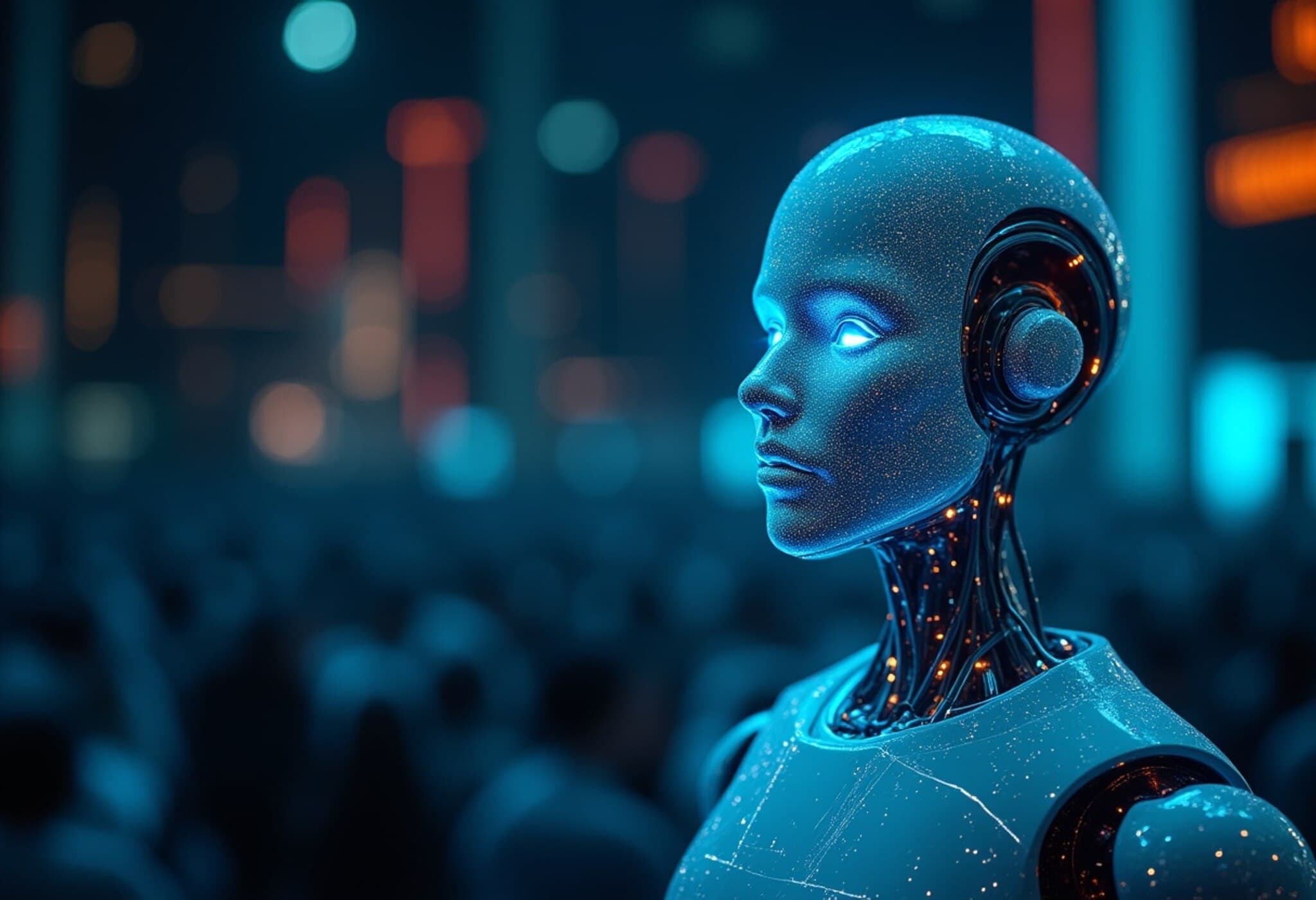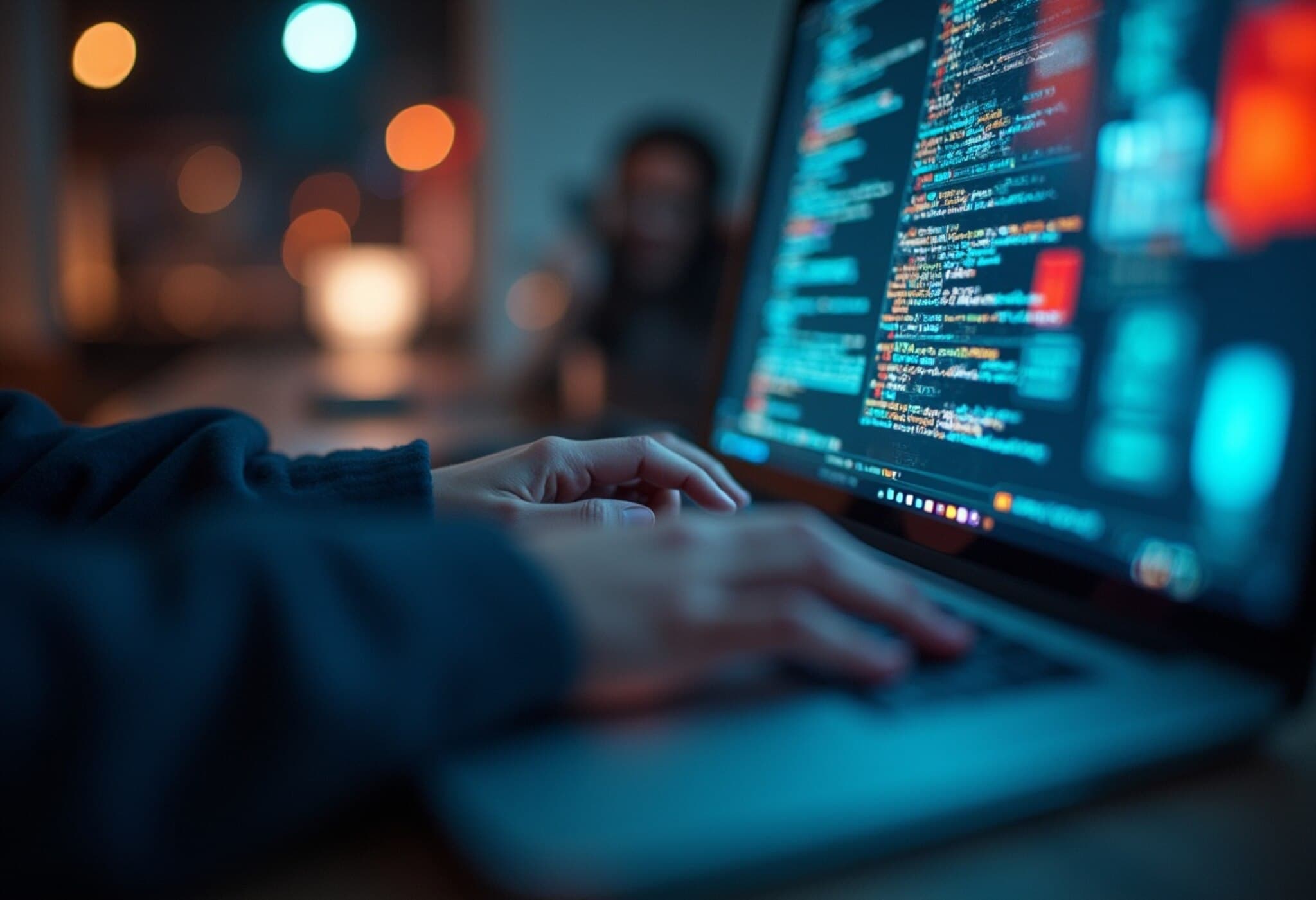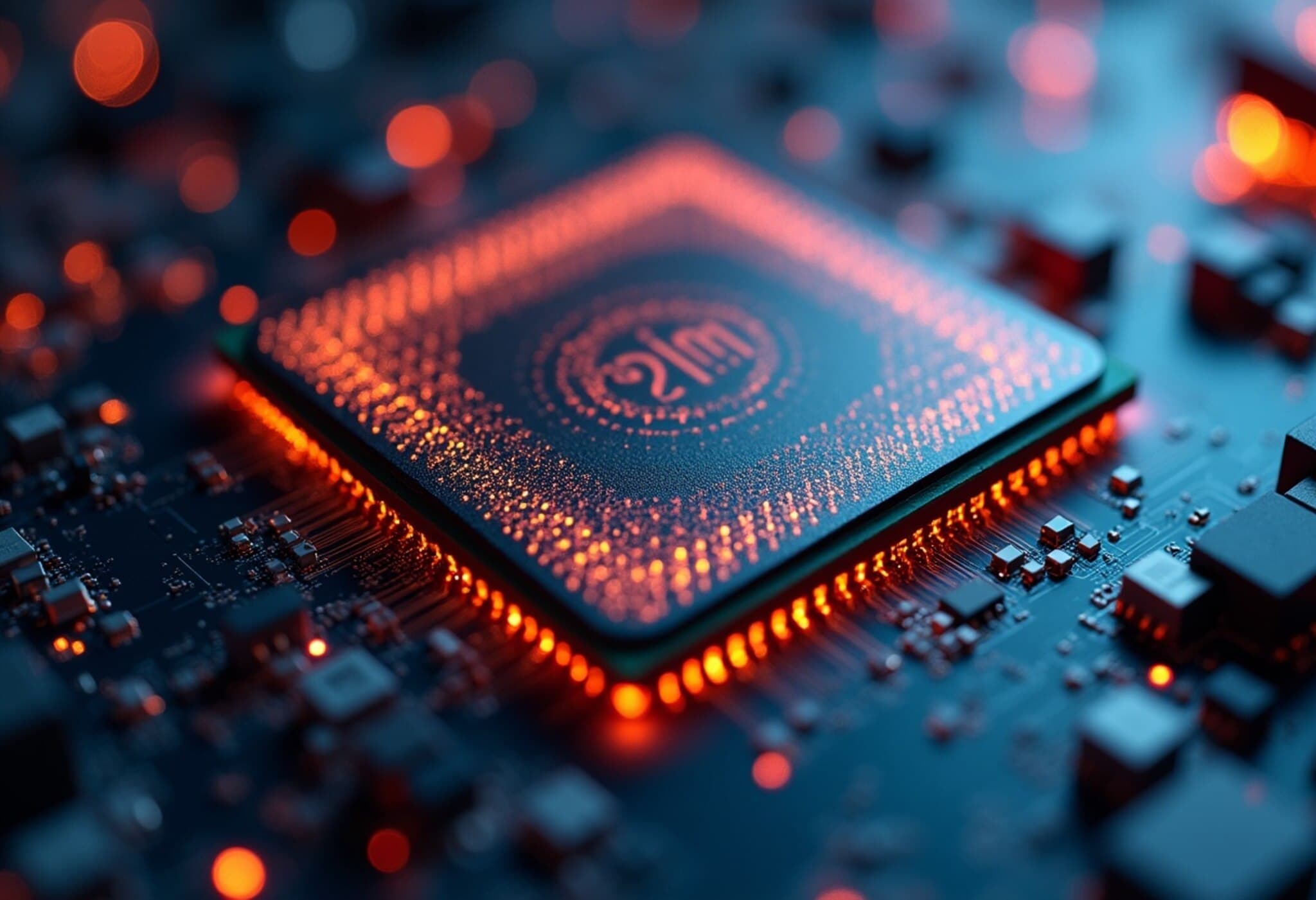AI Agents: The New Frontier in Corporate Cybersecurity
The rapid evolution of artificial intelligence (AI), especially generative AI and large language models, has profoundly reshaped the cybersecurity battlefield. As hackers harness AI to create increasingly sophisticated threats—ranging from realistic video and voice deepfakes to hyper-personalized phishing attacks and malicious malware—companies face mounting challenges to protect their digital assets.
The Rising Menace of AI-Powered Cyber Attacks
Gone are the days of obvious phishing emails riddled with spelling errors and questionable fonts. Today, AI empowers cybercriminals with tools that elevate their craft, enhancing the realism and success rate of their attacks. According to Brian Murphy, CEO of cybersecurity firm ReliaQuest, "AI can take the average bad actor and make them better," underscoring the urgent need for defensive measures that keep pace.
Defensive AI: A Strategic Response to Sophisticated Threats
In response, corporations are turning the tables by integrating agentic AI into their cybersecurity frameworks. These AI agents, designed to work autonomously yet collaboratively with human security teams, help detect, analyze, and respond to threats more efficiently.
Murphy describes these AI agents as "teammates" that multiply the capabilities of cybersecurity professionals, particularly by automating routine but critical tasks such as threat detection and incident response. For example, monitoring an executive’s laptop usage during international travel—a frequent security concern—can be automated, freeing human analysts to focus on complex threats.
From Automation to Strategic Augmentation
The promise of agentic AI lies not in replacing cybersecurity workers but in amplifying their effectiveness, says Justin Dellaportas, Chief Information and Security Officer at Syniverse. AI agents are already automating basic functions like scanning logs or quarantining suspicious emails and are gradually progressing to take broader actions such as restricting compromised account access.
"[AI] is being deployed by criminals at scale to find vulnerabilities rapidly, so defenders must equally adopt AI tools to stay ahead," Dellaportas points out, advocating a "crawl, walk, run" approach to rolling out AI responsibly and incrementally.
Addressing Talent Shortages and Burnout in Cybersecurity
The cybersecurity sector is grappling with severe talent shortages and burnout due to overwhelming workloads filled with repetitive, low-level tasks. Agentic AI offers a critical reprieve by handling many of these tasks, thus allowing security staff to engage in more strategic, intellectually rewarding roles.
Murphy emphasizes the transformational potential: "There may be a shortage of skilled professionals, but not a shortage of people eager to learn cybersecurity. AI agents can accelerate knowledge transfer by taking over help-desk level work." Yet, he acknowledges the importance of cautious deployment, especially regarding how AI-based decisions are made and verified.
Enterprise Perspectives and Industry Adoption
A May 2025 Gartner poll of 147 CIOs and IT leaders reveals that nearly one-quarter have already implemented AI agents, with over 50% of these deployments supporting internal functions such as IT, HR, and accounting. Cybersecurity, considered a "low-hanging fruit" use case for AI, shows promising but still cautious adoption. Gartner analyst Avivah Litan notes the moderate benefits seen so far, while highlighting ongoing concerns about scaling AI beyond basic security tasks.
Murphy anticipates a rapid acceleration in cybersecurity AI adoption, driven by the acute awareness among corporations that AI is now a dual-use technology—powering both attacks and defenses. "The only way to defend against AI-driven threats is to wield AI in defense," he stresses.
The Human-AI Partnership: Looking Ahead
The integration of AI agents into cybersecurity workflows is more than just technological advancement—it signifies a cultural shift. As AI assumes mundane responsibilities, cybersecurity professionals can reclaim creativity and strategic thinking in their work.
However, this partnership raises critical questions about trust, decision-making transparency, and ongoing human oversight. The key to success lies in balancing automation with human judgment, iterative learning, and continuous validation.
Editor’s Note
The advent of AI agents in corporate cybersecurity signals a new era—where digital defense meets intelligent automation. While these technologies promise to bolster defenses and alleviate workforce pressures, organizations must navigate ethical and operational challenges carefully. How will companies ensure transparency in AI decision-making? What frameworks will govern AI’s growing autonomy in security? As AI-driven attacks escalate, the cybersecurity community’s response could well determine the resilience of our digital future.











